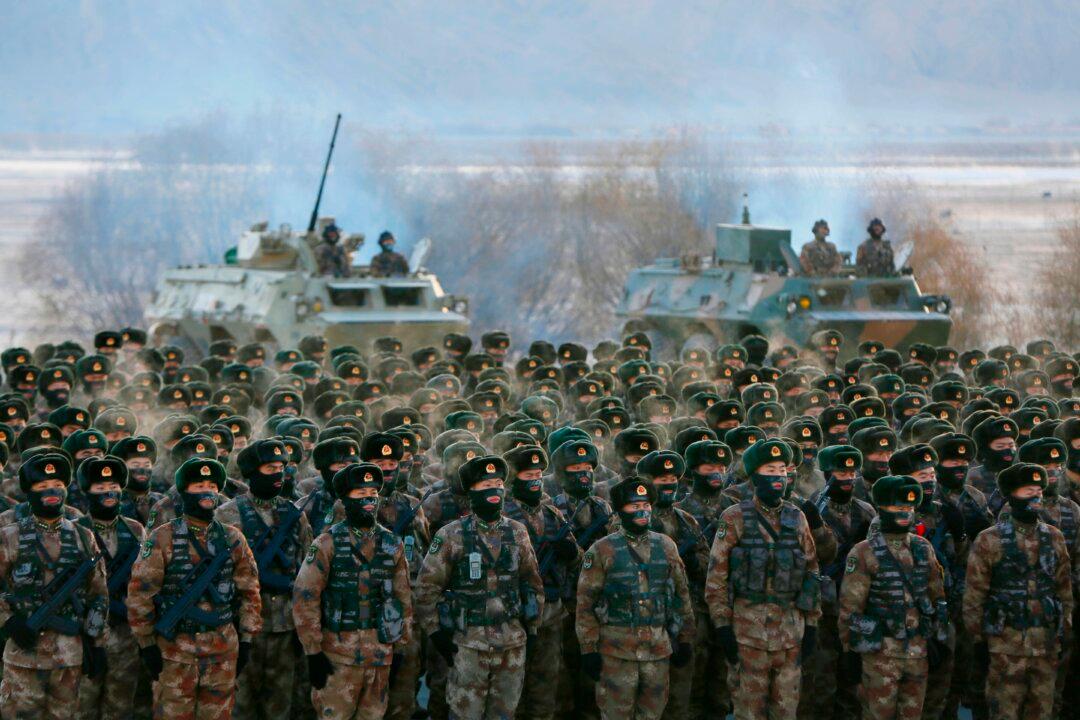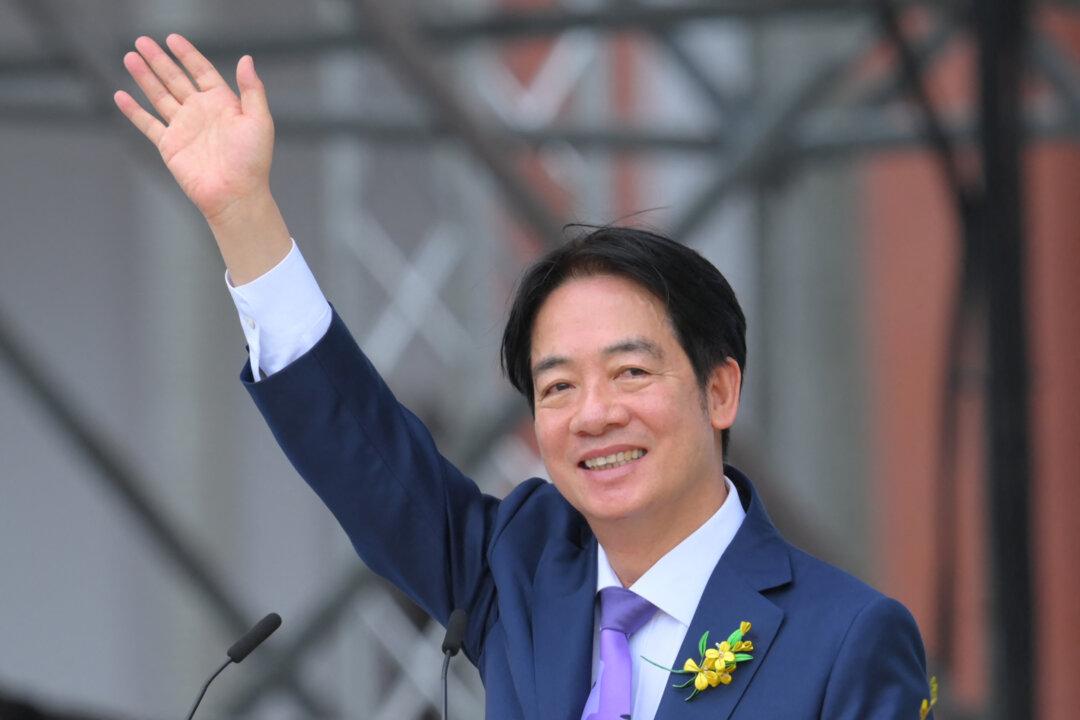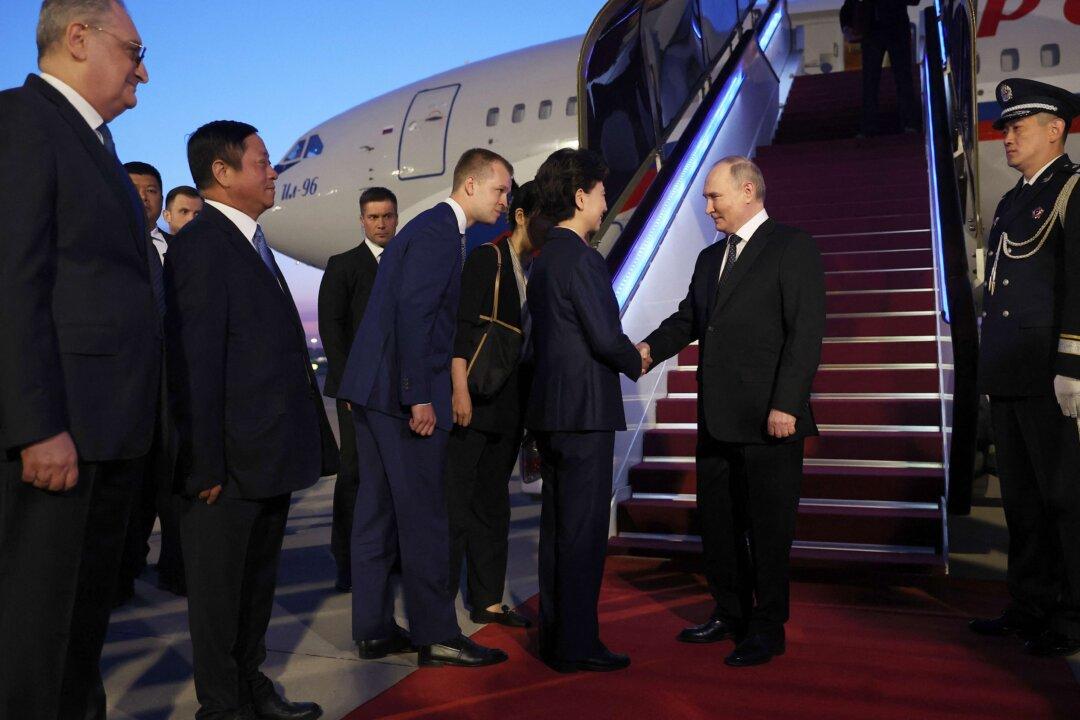Commentary
The Shanghai Cooperation Organization’s meeting this month in Samarkand, Uzbekistan, was notable for two reasons. First, it was Chinese Communist Party (CCP) leader Xi Jinping’s first visit outside China since the COVID-19 pandemic. Second, the meeting showed that Russian leader Vladimir Putin is subordinate to China. Both are significant and reveal Xi’s growing confidence in his position to create an anti-Western bloc of nations and as the leader of the Sino-Russian partnership.





